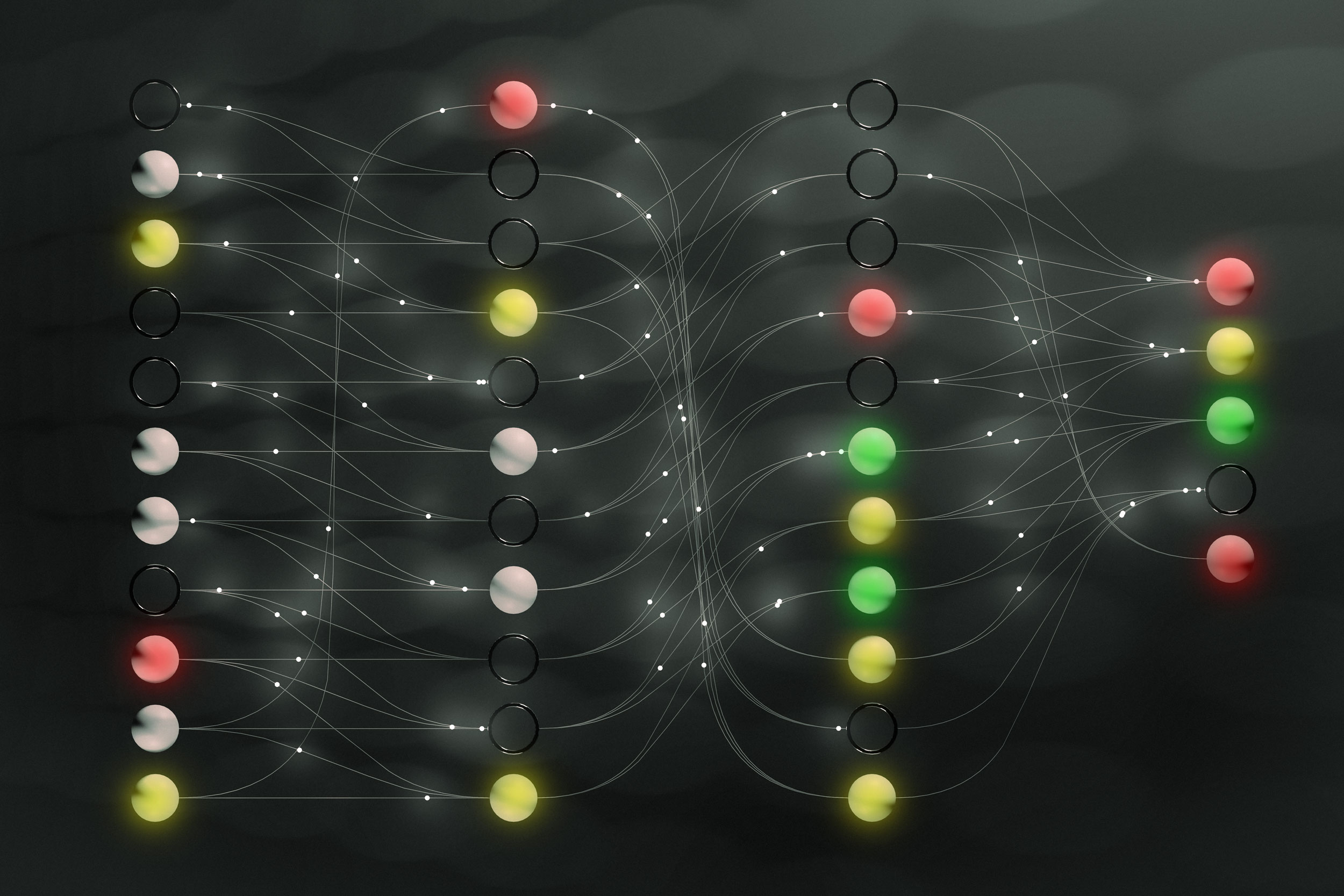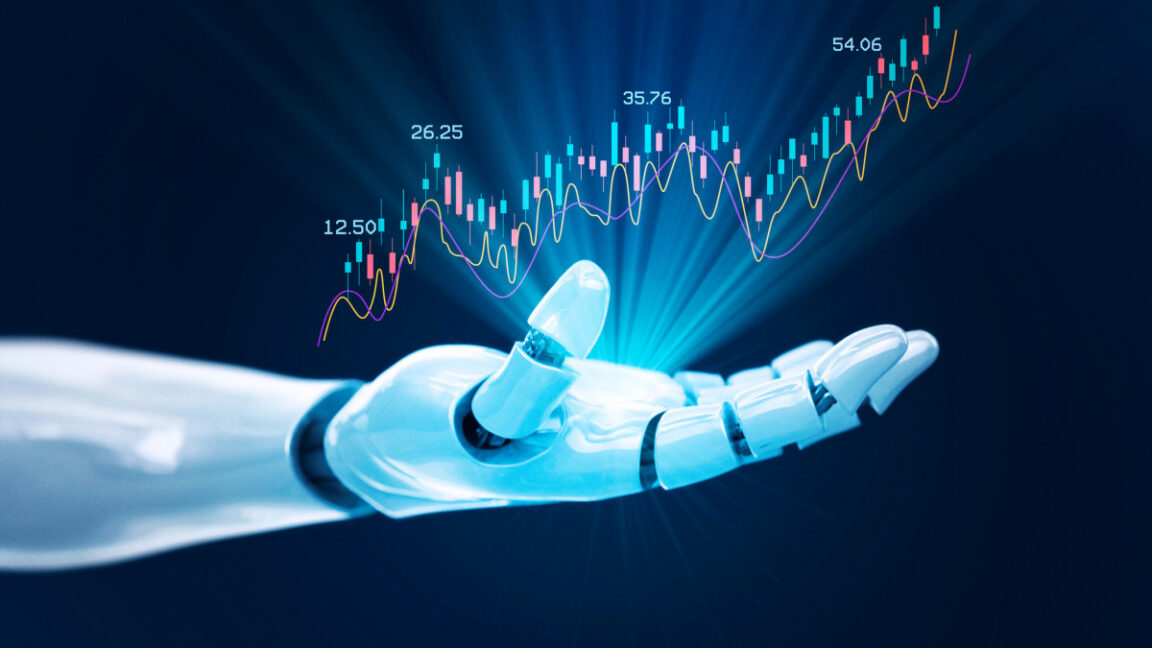Introduction to Artificial Intelligence
Artificial intelligence systems like ChatGPT provide plausible-sounding answers to any question you might ask. But they don’t always reveal the gaps in their knowledge or areas where they’re uncertain. That problem can have huge consequences as AI systems are increasingly used to do things like develop drugs, synthesize information, and drive autonomous cars.
The Solution: Themis AI
Now, the MIT spinout Themis AI is helping quantify model uncertainty and correct outputs before they cause bigger problems. The company’s Capsa platform can work with any machine-learning model to detect and correct unreliable outputs in seconds. It works by modifying AI models to enable them to detect patterns in their data processing that indicate ambiguity, incompleteness, or bias.
How Capsa Works
“The idea is to take a model, wrap it in Capsa, identify the uncertainties and failure modes of the model, and then enhance the model,” says Themis AI co-founder and MIT Professor Daniela Rus, who is also the director of the MIT Computer Science and Artificial Intelligence Laboratory (CSAIL). “We’re excited about offering a solution that can improve models and offer guarantees that the model is working correctly.”
Applications of Themis AI
Rus founded Themis AI in 2021 with Alexander Amini ’17, SM ’18, PhD ’22 and Elaheh Ahmadi ’20, MEng ’21, two former research affiliates in her lab. Since then, they’ve helped telecom companies with network planning and automation, helped oil and gas companies use AI to understand seismic imagery, and published papers on developing more reliable and trustworthy chatbots.
Improving Model Reliability
“We want to enable AI in the highest-stakes applications of every industry,” Amini says. “We’ve all seen examples of AI hallucinating or making mistakes. As AI is deployed more broadly, those mistakes could lead to devastating consequences. Our software can make these systems more transparent.”
Helping Models Know What They Don’t Know
Rus’ lab has been researching model uncertainty for years. In 2018, she received funding from Toyota to study the reliability of a machine learning-based autonomous driving solution.
Eliminating Bias in AI Models
In separate work, Rus, Amini, and their collaborators built an algorithm that could detect racial and gender bias in facial recognition systems and automatically reweight the model’s training data, showing it eliminated bias. The algorithm worked by identifying the unrepresentative parts of the underlying training data and generating new, similar data samples to rebalance it.
Future of Themis AI
Today Themis is working with companies in a wide variety of industries, and many of those companies are building large language models. By using Capsa, the models are able to quantify their own uncertainty for each output.
Expanding to Edge Devices
Themis AI is also in discussions with semiconductor companies building AI solutions on their chips that can work outside of cloud environments.
Conclusion
Themis AI’s team believes the company is well-positioned to improve the cutting edge of constantly evolving AI technology. For instance, the company is exploring Capsa’s ability to improve accuracy in an AI technique known as chain-of-thought reasoning, in which LLMs explain the steps they take to get to an answer.
FAQs
Q: What is Themis AI?
A: Themis AI is a company that provides a platform to quantify model uncertainty and correct outputs in AI systems.
Q: How does Capsa work?
A: Capsa works by modifying AI models to enable them to detect patterns in their data processing that indicate ambiguity, incompleteness, or bias.
Q: What are the applications of Themis AI?
A: Themis AI is being used in various industries such as telecom, oil and gas, and pharmaceuticals to improve model reliability and accuracy.
Q: Can Themis AI eliminate bias in AI models?
A: Yes, Themis AI has developed an algorithm that can detect and eliminate racial and gender bias in facial recognition systems.











